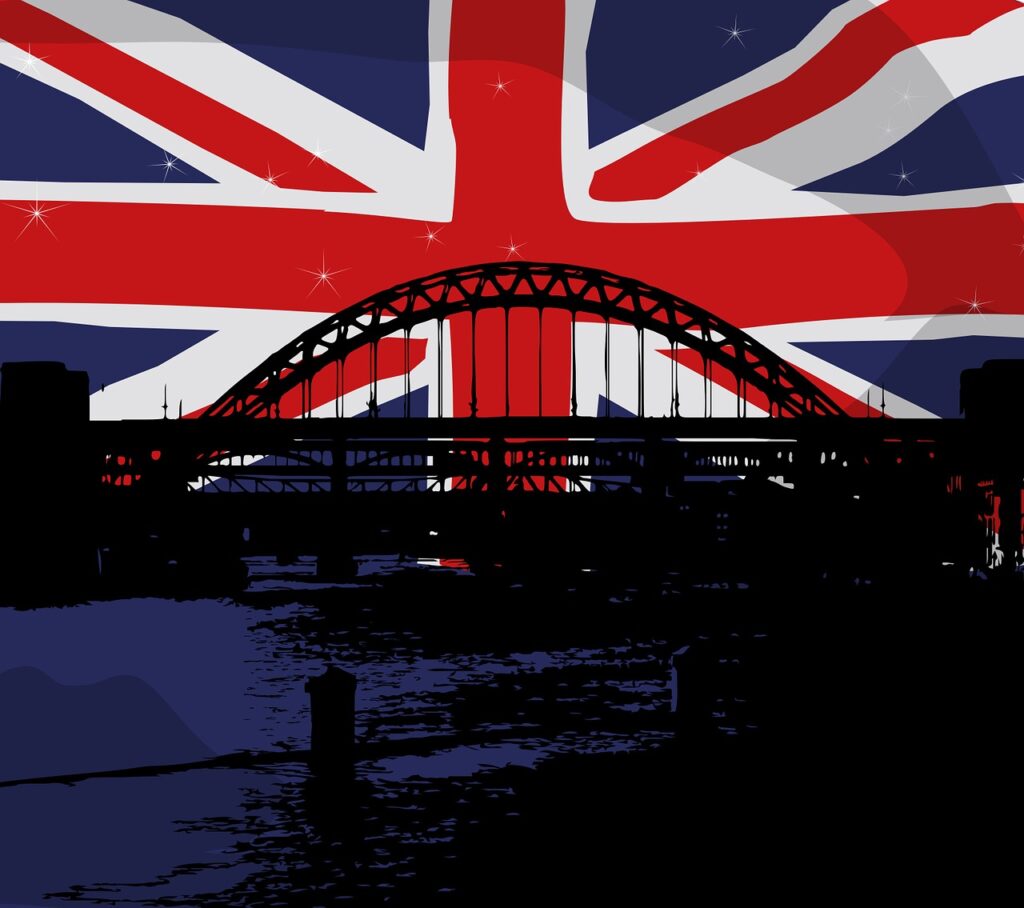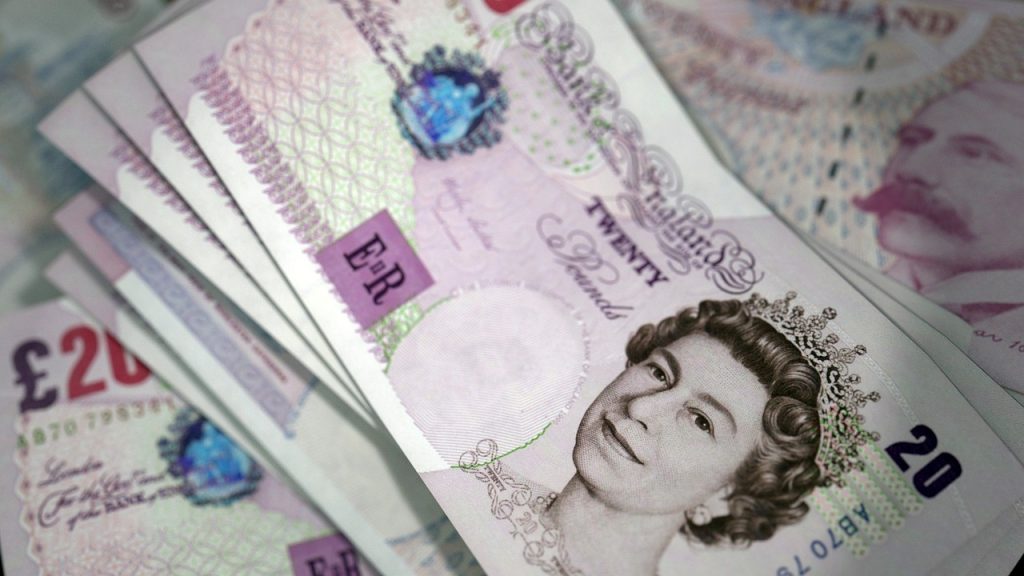It has been just over a month since The UK voted to leave the EU. The Property market is of course facing uncertainty, but Brexit certainly hasn’t been the Armageddon that some experts had predicted so far.
Up to this point we have experienced a little turbulence in the market, transaction volumes have slowed down and Rightmove has reported a 0.9% or £2,647 fall in house prices across England and Wales in June. House prices in the West Midlands have been hit a little harder, as house prices have fallen by £3,322 on average.
Many house prices are being slashed across London with some new homebuilders offering generous free gifts such as £20,000 worth of furniture or paying sales taxes in order to make a sale. Analysts at French bank Société Générale believe that London property prices could fall more than 30% and halve in the most expensive part of the city, with residential property hit hardest. However, I assume that they do not have a crystal ball and that this is just a prediction.
Year-on-year house prices are actually up 4.5%, though the real difference between before and after Brexit could be whether sellers are achieving their asking price, as this is what Rightmove’s figures are based on.
Initially the Bank of England did warn that they could be cutting interest rates to 0.25% and while they decided against it there is still the possibility that the rates will come down. Mortgage interest rates are already at a record low, with HSBC offering a two-year fixed rate at 0.99%. This along with falling house prices should benefit first time buyers, which is what the government wanted to see. In reality low house prices and uncertainty in the economy could mean that banks decide to tighten lending, preventing first time buyers from even getting a mortgage.
The truth is that nobody has any idea what is going to happen over the next 2 years and beyond. Some experts are predicting that house prices are yet to fall as far as 30%, whereas others think that we will see no change due to the ‘housing shortage’. This housing shortage could continue, as we saw an 8% fall in houses for sale that began in the 2 weeks to the EU referendum.
Post-referendum sales data will become more clear next month when we can better understand the effects of Brexit. Taylor Wimpey have already reported a 9.1% rise in profits and a 13.8% increase in share price and there has been a huge interest in the UK property market by Chinese investors wanting to take advantage of the weaker pound. The UK property market could still brave Brexit.
Another factor that many people may not be considering it that it is holiday season! July and August are always naturally quiet months where activity usually falls. Therefore, that any negative figures coming out over the next few months might not be as bad as you think.
Continuing to look on the bright side, the new chancellor has announced that he may reset economic policy in the upcoming Autumn Statement. This could be good news for property investors because by then the property market might need stimulating and the recent tax changes for ‘buy-to-let’ investors could be relaxed. The issue is whether government will holt mortgage interest rate relief and stamp duty changes in favour of their policy to support first time buyers.
If you are looking to move house or purchase a commercial property and are in doubt, how about looking to move near a Waitrose? Lloyds Bank have found that living near a Waitrose can increase the value of your home by £38,666!
We may not be able to predict the future, but we can get you the best advice to help you make the right decisions in this period of uncertainty. Call us on 0121 559 1071 or email partners@ergrove.co.uk.




